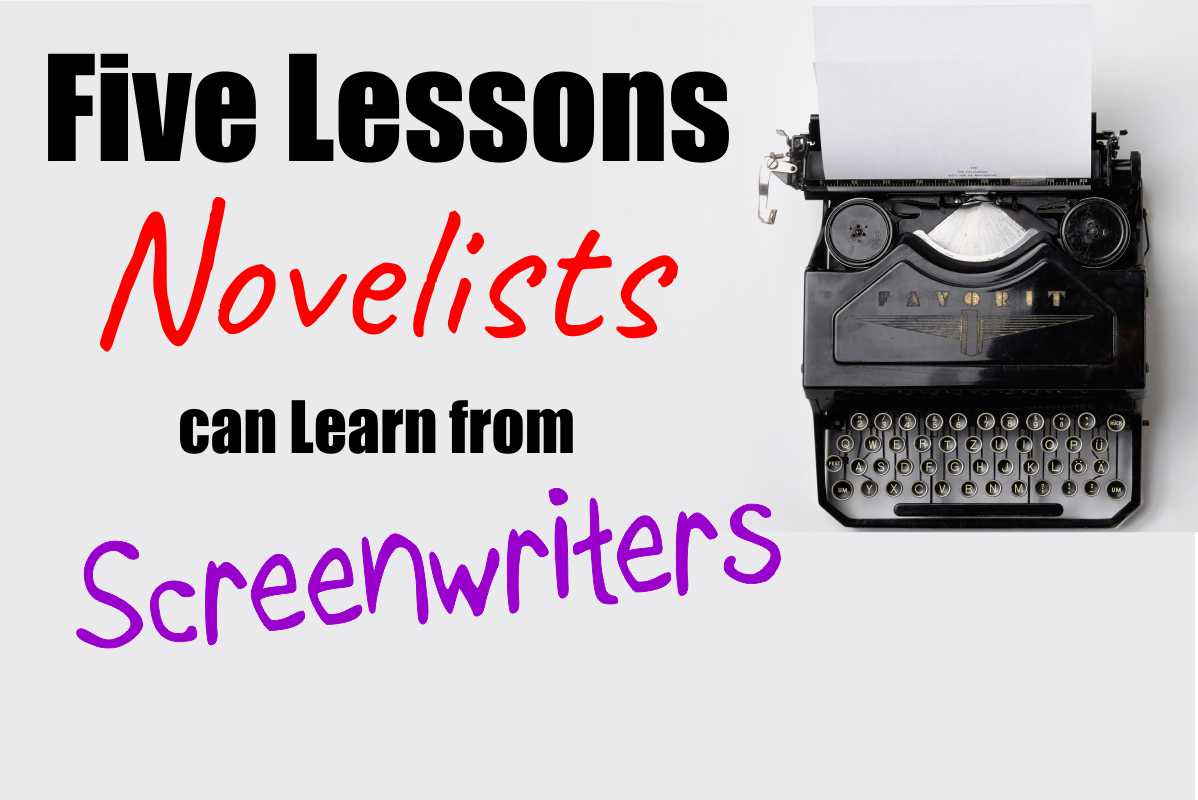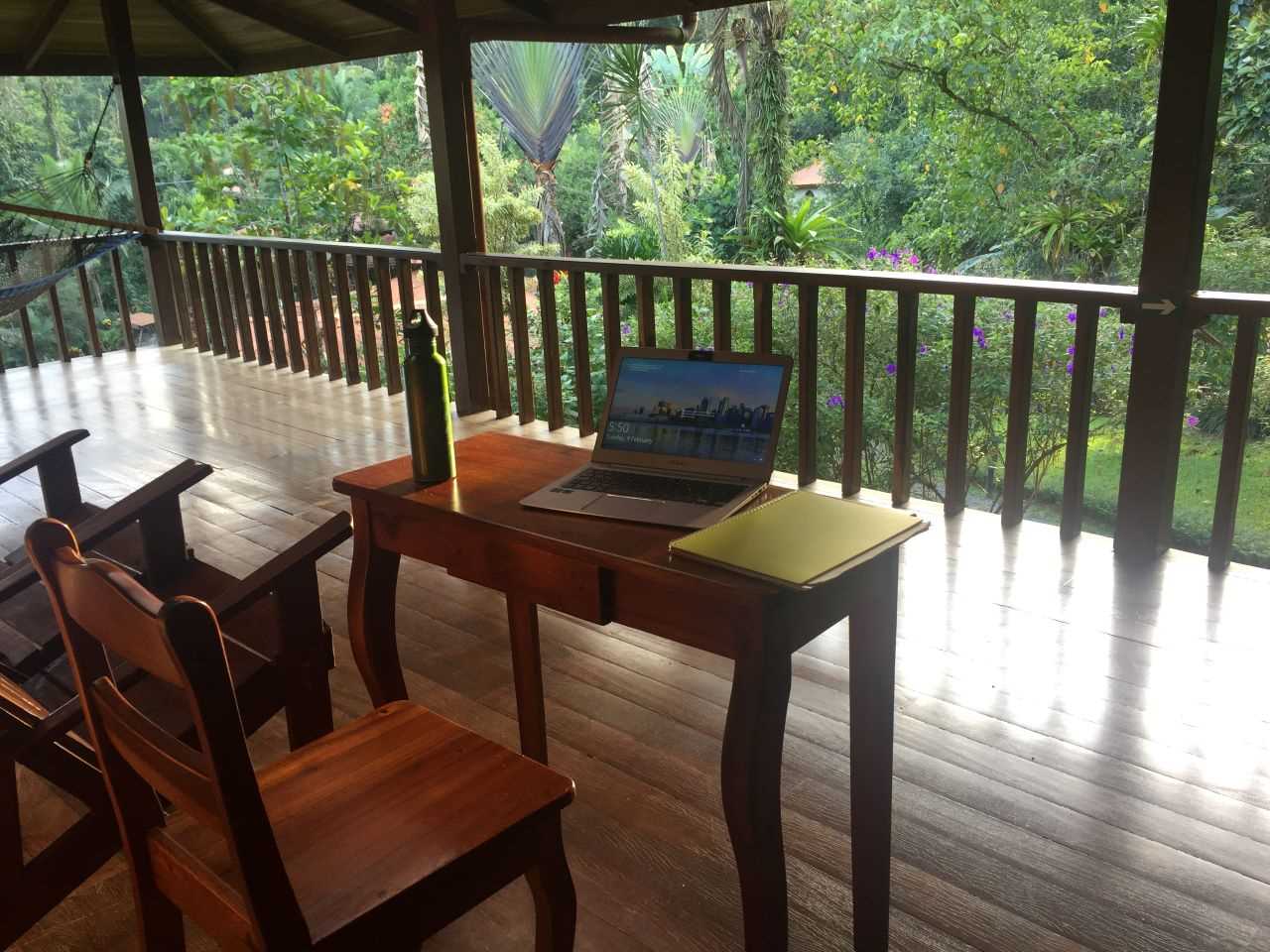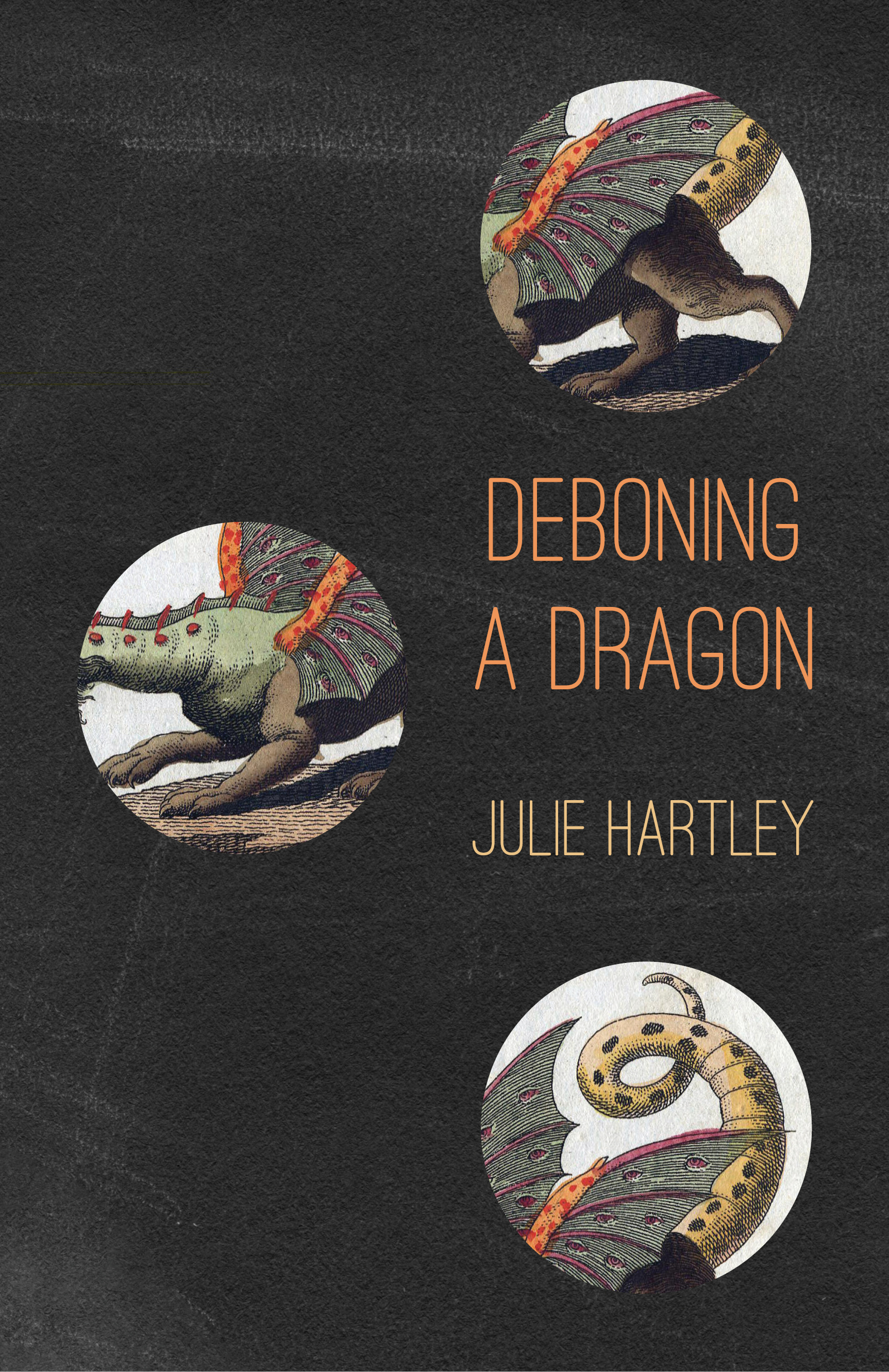Advice for Writers, from William Faulkner…
One: “Don’t be ‘a writer’ but instead be writing. Being ‘a writer’ means being stagnant. The act of writing shows movement, activity, life. When you stop moving, you’re dead. It’s never too soon to start writing, as soon as you learn to read.” (from an interview excerpted in The Daily Princetonian, 1958) Two: “Don’t write for money but for pleasure. It should be fun. And it should be exciting. Maybe not as you write, but after it’s done you should feel an excitement, a passion.” (from an interview excerpted in The Daily Princetonian, 1958) Three: “There is no mechanical way to get the writing done, no shortcut. The young writer would be a fool to follow a theory. Teach yourself by your own mistakes; people learn only by error.” (from a 1956 interview with The [...]








